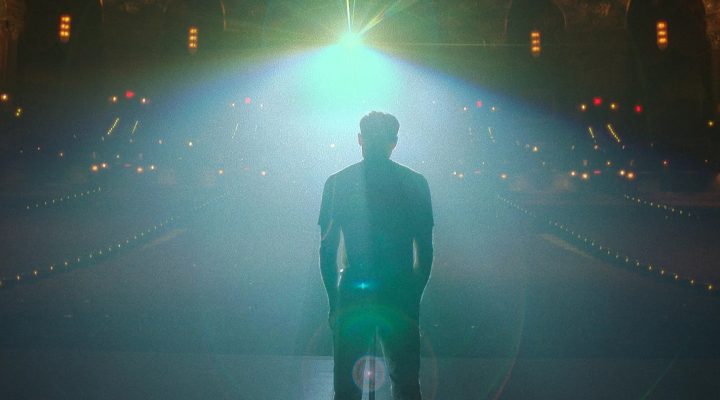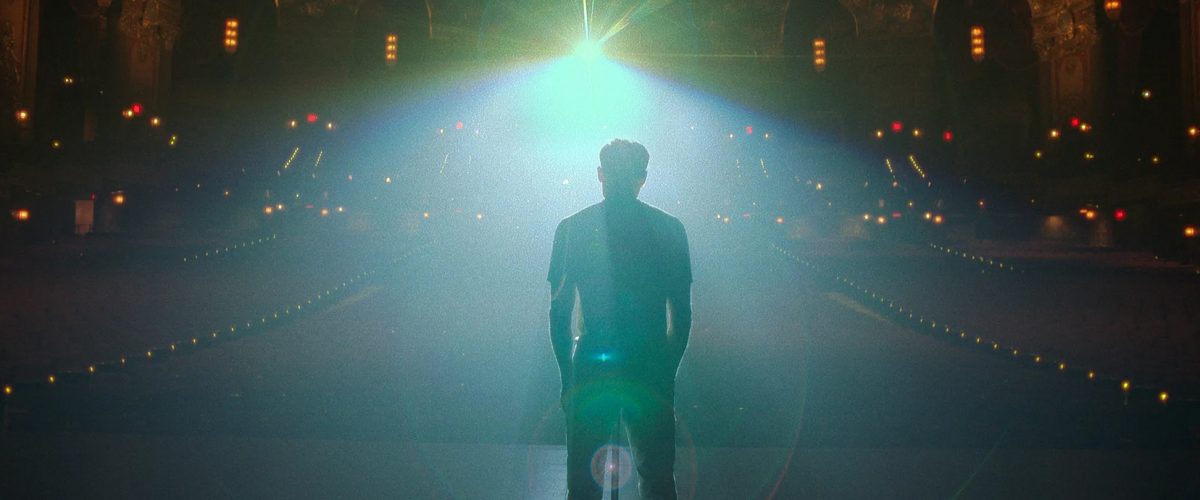I watched the documentary Shiny Happy People over the weekend. This documentary focuses on the cult following of Bill Gothard and, subsequently, the Duggar family.
The Gothard teachings very much oppressed women and were based on power and control, so it was no surprise there was a large amount of sexual abuse happening under the umbrella of Gothard’s teachings. Despite the abuse he committed and the abuse others committed under his teachings, he never has been held accountable and lives his life with no consequences.
This story shares a lot of theology and attributes with the current Southern Baptist Convention.

Erin Hill
After I finished that documentary, I started another documentary, The Secrets of Hillsong, which focuses on Hillsong Church and the damaging theology within it. At the core of most of the problems within Hillsong was — again — sexual abuse, power and control.
In both documentaries, power, control and abuse were wielded in the name of God.
Then, in the midst of watching those two documentaries, I learned about a local pastor arrested for child sexual abuse.
I got to Monday and started doing my actual job I’m paid for and deeply love, which is focused on congregational social work across the country, and most of my day was spent working on training about spiritual trauma so pastors aren’t actively harming their congregants or unintentionally retraumatizing them.
“I’m a joy at parties, just ask my friends.”
All very light topics, right? I’m a joy at parties, just ask my friends.
I’m also an Enneagram 1, which means I can get very wrapped up in what is “right” and what is “wrong” and care a lot about justice. This also means anger is the first emotion I turn to. Although if I’m honest with myself, that anger is usually a mask for grief.
It should be no surprise, then, that I’m sitting here thinking all churches are terrible, all people are terrible, and I’m confused why we’re even trying to make things better anymore.
The cynic in me wants to stay in that place. I want to sit in my “people suck” mindset and brood for a bit.
Yet here we are. We are still trying. We’re still hoping. We’re still somehow believing in what the local church should be and could be. But why?
I’m in Waco, Texas, so at any given time, you can see five churches from where you’re standing. Why do I still believe in the local church? What keeps drawing me back and seeing the potential despite the harm that they’re causing?
“I wish I could explain why so many people do terrible things in the name of Christ.”
I wish I could explain why so many people do terrible things in the name of Christ. I wish I could brush it aside and say, “But this church…” or, “Well, my church….” but I refuse to try to cancel out the pain the church has caused. I’m no longer in the business of defending.
We should be doing better. The church should be doing better. People of faith should be doing better. People are dying from guns every single day. People are taking their lives because their identities are not accepted and welcomed. People are treated terribly because of the color of their skin. And often, those things are done by people of faith and in the name of God.
So what are we doing? And why is that small flame of hope still lightly flickering when it seems like it should have been extinguished by now?
Five years ago, I probably would’ve tried to give you an answer. But I don’t actually have one. I know some churches that aren’t actively harming people by their theology and practices — which gives me hope.
“Why is that small flame of hope still lightly flickering when it seems like it should have been extinguished by now?”
While my church here in Waco has problems just like everyone else, we’re an inclusive space that doesn’t see the line between sacred and secular; we believe everything and everyone is divine. That gives me hope.
We have churches that reach out to my office wanting to know more about trauma sensitivity in their church, and that gives me hope.
Those in my section at church light up when they hear my 1-year-old squeal during the church service, and that gives me hope.
I hear of people continuing to believe in the divine after being harmed so deeply by the church, and that gives me hope.
But it’s getting tiring, friends. It feels like every day, the American church gives us more of a reason not to have hope in the local church. I also recognize it’s easier for me to continue to have hope because of my privilege. I’m not a queer woman. I’m not a woman of color. I haven’t been abused in the church. Other than being a woman, most of the ways the church has caused harm to people hasn’t directly impacted my livelihood.
So if someone isn’t as privileged, I don’t blame them at all for walking away and not looking back. Churches should be ashamed of the harm they’ve caused.
I don’t know why I keep believing in the local church. But I’m going to keep listening to that small part of me that won’t allow me to let it go. Hopefully it teaches me something.
Hopefully the small glimpses of beauty I see will continue to bloom. I hope you’ll hope with me but I’ll understand if you just can’t anymore. There’s space for that, too, and I grieve that with you. Jesus understands your anger because I believe he feels that anger, too.
I have hope the church will one day be what it is called to be — a radically inclusive place where all are welcome, all are sacred beings, all are safe. What a day that will be.
Erin Albin Hill serves as coordinator of research projects at The Center for Church and Community Impact (C3I) at the Garland School of Social Work at Baylor University. The views expressed in the article are her own and do not represent any other agency.
Related articles:
How to connect the dots while watching Shiny Happy People | Analysis by Rick Pidcock
How the new documentary series Shiny Happy People intersects with mainstream Christianity


